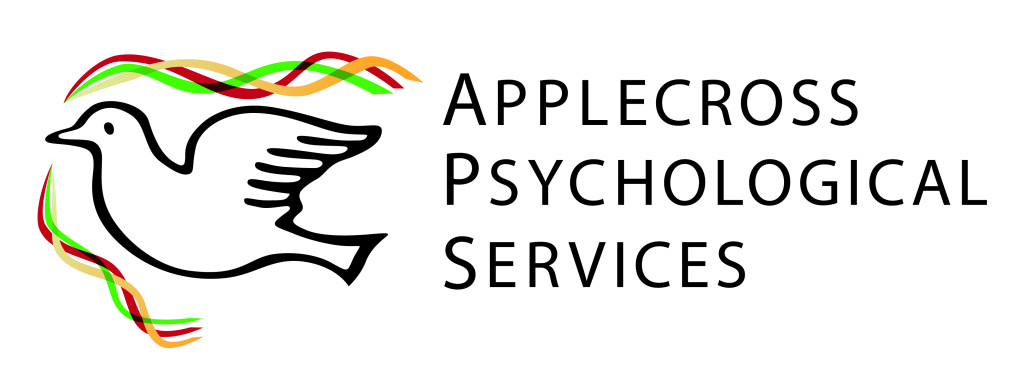In our daily lives, there are situations in which it is reasonable to feel uneasy or anxious. Even high levels of anxiety may be appropriate when they are consistent with the demands of the situation, such as when in real danger and needing to ward off the danger or escape the situation. Physiological fear is an adaptive response that helps us face challenges.
However anxiety and its different forms is a more intense fear, totally inappropriate for the circumstance for which it is occurring. Severe anxiety can rob us of the capacity to take in new information, plan appropriate responses and carry out complex activities. Individuals with anxiety disorders have specific and recurring fears that they recognise as being irrational or unrealistic and intrusive. Anxiety includes Generalised Anxiety Disorder (GAD), Phobias, Obsessive Compulsive disorder (OCD) and Panic Disorder (including panic attacks).
Generalised anxiety occurs when individuals worry excessively and persistently about a number of areas of their lives, including their family, health, job or finances. These worries are not associated with any particular environmental circumstances.
- Nervousness and restlessness
Specific phobias are characterised by a persistent and irrational fear and avoidance of a particular object or situation. There are two groups of situations:1: heights, closed spaces, still water in which the danger of falling suffocating and drowning are obvious, and 2: poisonous insects, snakes and carnivorous animals from which the possibility of harm is obvious, as well as fear of blood or injury and fear of flying. Other phobias include agoraphobia and social phobia. When people with specific phobia encounter their feared situation or object, they may experience panic attacks or some of the symptoms below.
- Persistent and irrational fear
- Avoidance of certain places, situations or activities
- Accelerated heart rate/pounding heart
- Trembling
- Faintness or light-headedness
- Difficulty with breathing
- Sweating

Or call
(08) 9364 3762
OCD occurs when there are unpleasant and intrusive obsessional thoughts that are difficult to control (e.g. concern about contaminating or harming oneself or family). The obsessional thoughts often lead to uncontrollable compulsive rituals (e.g. cleaning, checking, counting).
- Difficulties with recurring thoughts and images
- Overwhelming urges to repeatedly perform specific behaviours
- Depression
- Anxiety
Panic Disorder is an intense fear, totally inappropriate for the circumstance in which it is happening. Panic attacks are part of panic disorder and occur “out of the blue”, that is, they can occur independent of any stressful situation and this exaggerated fear may often interfere with daily life. A person experiencing a panic attack feels an overpowering fear that is usually accompanied by a range of physical sensations. The sufferer of a panic attack may often misinterpret those sensations.
- Increased awareness of the heartbeat
- Sweating
- Trembling and shaking
- Feeling of choking, shortness of breath or smothering.
- Chest pain or discomfort
- Nausea or abdominal distress
- Feeling of unreality or feeling detached from oneself or from the surroundings
- Feeling dizzy, unsteady, light headed or faint
- Fear of losing control or going crazy
- Fear of dying
- Numbness, tingling or pins & needles
- Chills & hot flushes
- Realising that anxiety is a real, but treatable condition
- Explaining to others that such advice such as “calm down” and “pull yourself together” does not work
- Develop and practise controlled breathing and relaxation skills
- Develop healthy distractions
- Focus on something else instead of the symptoms
- Develop a balanced lifestyle
If anxiety is detected early, and help is sought, there is a very good chance that the symptoms can be reduced or overcome. Treatment can include:
- Psychological treatments
- Anti-anxiety medications
- Combination of both of the above
At these times, you may wish to seek help from someone you trust such as a close friend or family member, or professionally through your local GP, or through counseling. Applecross Psychological Services can assist you with this process.
Click link to download our Anxiety
